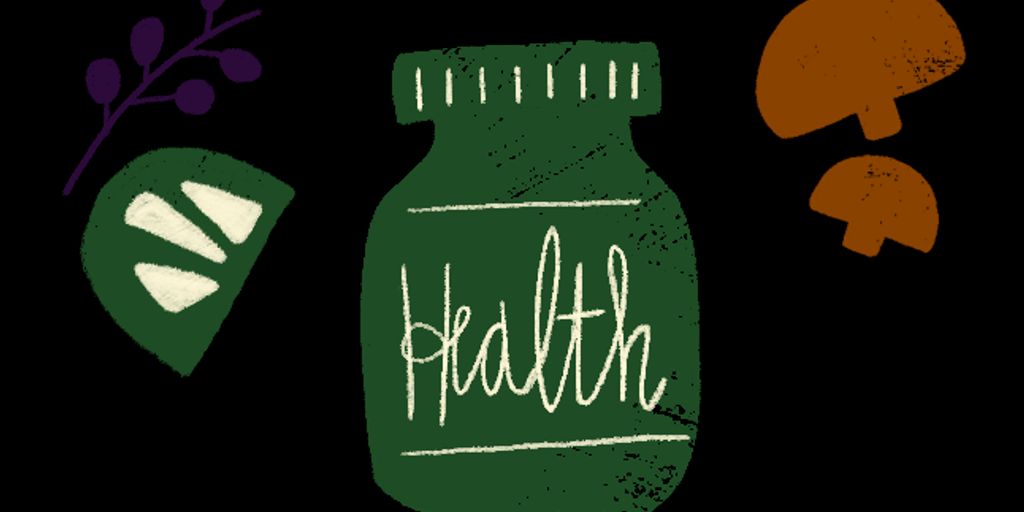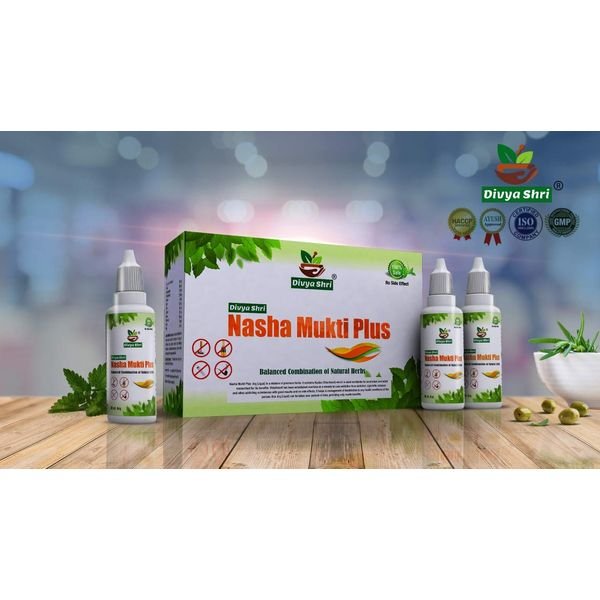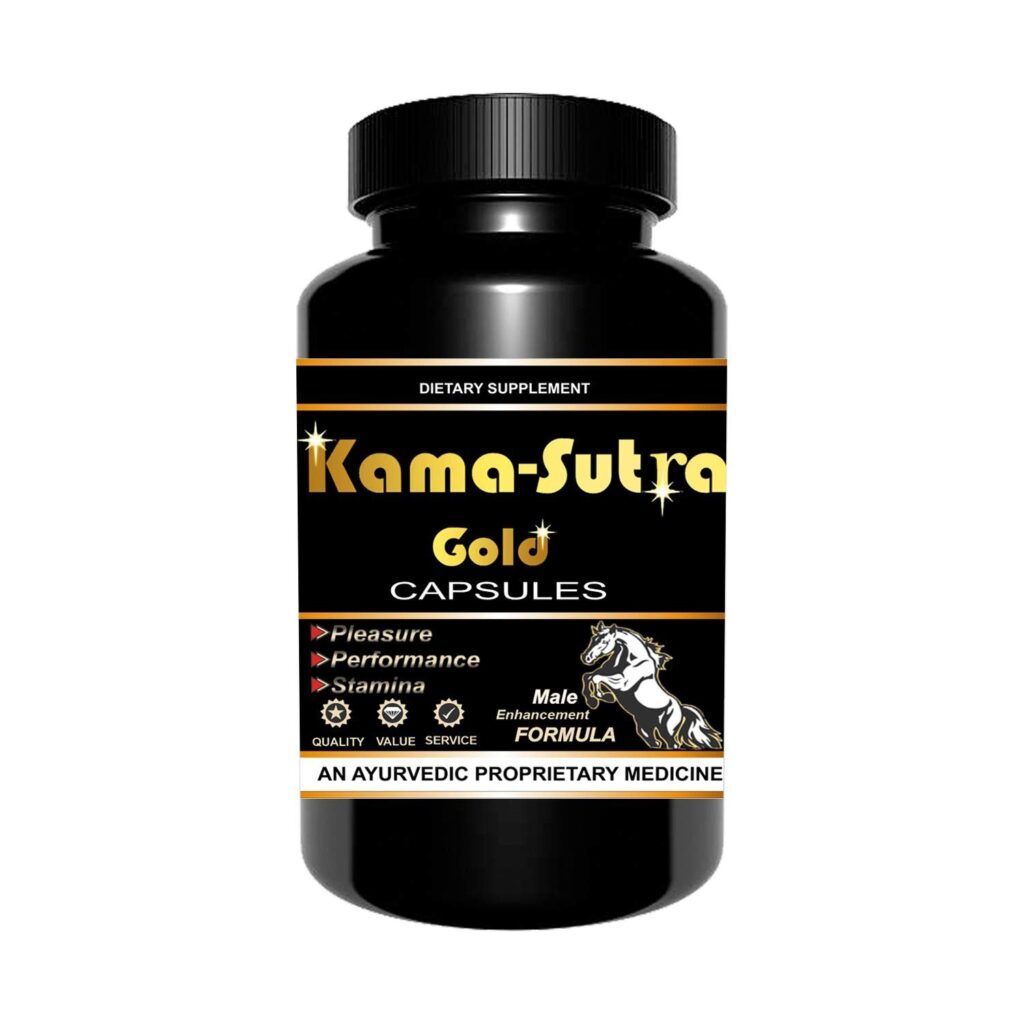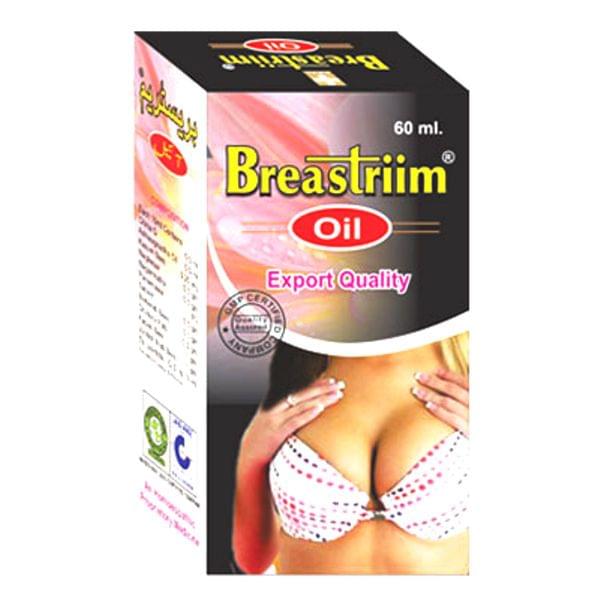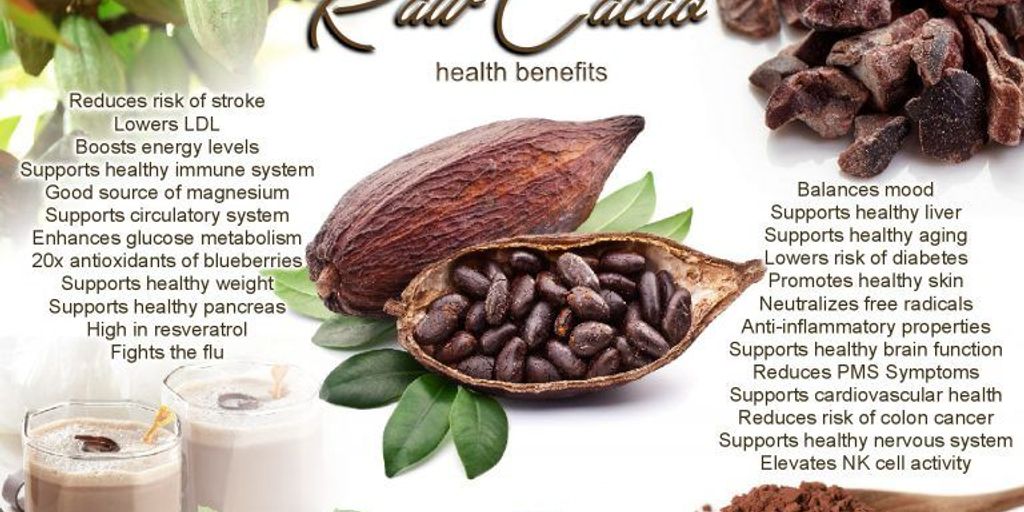Health supplements are becoming more popular as people look for ways to improve their well-being. This guide will help you understand what these supplements are, their benefits, and how to choose the right ones for you. We’ll also talk about the risks and how to safely add them to your daily routine. Plus, we’ll clear up some common myths about supplements.
Key Takeaways
- Health supplements can help fill gaps in your diet but should not replace whole foods.
- It’s important to understand the different types of supplements and their ingredients.
- Consult with a healthcare professional before starting any new supplement.
- Be aware of potential side effects and interactions with other medications.
- Always read labels and follow the recommended dosage to avoid overconsumption.
Understanding Health Supplements
Definition and Types
Health supplements are products designed to add nutrients to your diet or to lower the risk of health problems. They come in many forms, including pills, powders, and liquids. These supplements can include vitamins, minerals, herbs, amino acids, and enzymes.
Common Ingredients
Many health supplements contain a mix of vitamins and minerals. Some popular ingredients are Vitamin C, calcium, and iron. Herbal supplements might include ginseng or echinacea. Amino acids like glutamine and lysine are also common.
Regulations and Standards
In the United States, the FDA oversees health supplements. However, they are not as strictly regulated as prescription drugs. This means that manufacturers are responsible for ensuring their products are safe and labeled correctly. It’s important to look for certifications from third-party organizations to ensure quality.
Always check with a healthcare provider before starting any new supplement to make sure it’s safe for you.
Benefits of Health Supplements
Nutritional Support
Health supplements can provide essential nutrients that might be missing from your diet. They help fill nutritional gaps and ensure your body gets what it needs to function properly. For example, calcium is crucial for bone health, while vitamin D supports both bone and immune health.
Disease Prevention
Certain supplements can help prevent diseases. For instance, coenzyme Q10 is known for its benefits to heart health. By taking the right supplements, you can reduce the risk of chronic illnesses and maintain overall well-being.
Enhanced Physical Performance
Athletes and active individuals often use supplements to boost their physical performance. Protein and amino acids, for example, are popular for muscle recovery and growth. These supplements can help you achieve your fitness goals more effectively.
Remember, while supplements can be beneficial, they should not replace a balanced diet. Always consult with a healthcare professional before starting any new supplement regimen.
Choosing the Right Health Supplements
Assessing Your Needs
Before picking any supplement, it’s important to understand your body’s needs. Everyone’s nutritional requirements are different. You might need more vitamins, while someone else might need more minerals. Think about your diet, lifestyle, and any health issues you have.
Reading Labels and Certifications
When you buy supplements, always read the labels. Look for certifications that show the product is safe and high-quality. This can help you avoid harmful ingredients. Check for things like the amount of each ingredient and any added fillers.
Consulting Healthcare Professionals
It’s always a good idea to talk to a doctor or a dietitian before starting any new supplement. They can help you figure out what you need and how much to take. This is especially important if you are taking other medications, as some supplements can interact with them.
Remember, choosing the right supplement is about finding what works best for your unique needs. Don’t just follow trends or what others are doing. Make informed choices for your health.
Potential Risks and Side Effects
Overconsumption and Toxicity
Taking too many supplements can be harmful. Overconsumption can lead to toxicity, causing serious health problems. For example, too much vitamin A can damage your liver. Always follow the recommended dosage to stay safe.
Interactions with Medications
Supplements can interact with medications you are already taking. This can make your medicine less effective or cause unexpected side effects. It’s important to consult healthcare professionals before adding any new supplement to your routine.
Allergic Reactions
Some people may have allergic reactions to certain supplements. Symptoms can range from mild rashes to severe breathing problems. Always read the ingredient list and be aware of any allergies you might have.
Safety and side effects are top priorities when considering new supplements. Always do your research and consult healthcare professionals to ensure you are making the best choice for your health.
Popular Health Supplements and Their Uses
Vitamins and Minerals
Vitamins and minerals are essential nutrients that our bodies need to function properly. They help with everything from bone health to immune support. Common vitamins include Vitamin C, Vitamin D, and B-complex vitamins. Minerals like calcium, magnesium, and iron are also crucial. These supplements can fill in nutritional gaps in your diet.
Herbal Supplements
Herbal supplements come from plants and are used for their medicinal properties. Examples include echinacea for immune support, ginkgo biloba for brain health, and turmeric for its anti-inflammatory benefits. Herbal supplements are often used as natural remedies for various health issues.
Protein and Amino Acids
Protein supplements, such as whey or plant-based proteins, are popular among athletes and those looking to build muscle. Amino acids, the building blocks of protein, are also available as supplements. They help in muscle recovery and growth. These supplements are often used to enhance physical performance.
When choosing health supplements, it’s important to consider your individual needs and consult with a healthcare professional to ensure they are safe and effective for you.
How to Incorporate Supplements into Your Routine
Dosage and Timing
To get the most out of your supplements, it’s important to take them at the right time and in the right amount. Follow the recommended dosage on the label to avoid any risks. Some supplements work best when taken with food, while others should be taken on an empty stomach. For example, taking vitamin C with meals can help with absorption, while probiotics are often best taken before breakfast.
Combining with Diet and Exercise
Supplements are not a replacement for a healthy diet and regular exercise. They should be used to complement your lifestyle. Make sure you eat a balanced diet rich in fruits, vegetables, and whole grains. Regular physical activity also helps your body make the most of the supplements you take. Think of supplements as a way to fill in the gaps, not as a primary source of nutrition.
Monitoring and Adjusting Intake
It’s important to keep track of how your body responds to the supplements you are taking. If you notice any side effects, it might be time to adjust your dosage or try a different product. Keep a journal to note any changes in your health or energy levels. This can help you and your healthcare provider make informed decisions about your supplement routine.
Remember, incorporating supplements into your daily routine is a step towards healthy living. Always consult with a healthcare professional before making any changes to your supplement regimen.
Debunking Myths About Health Supplements
Supplements vs. Whole Foods
Many people think that taking supplements can replace eating healthy foods. This is not true. Whole foods provide a variety of nutrients that work together to keep you healthy. Supplements can help, but they should not be your only source of nutrients.
Effectiveness and Evidence
Some believe that all supplements are backed by science. However, not all have strong evidence to support their benefits. It’s important to research and choose supplements that have been studied and proven to be effective.
Marketing Claims and Reality
Advertisements often make big promises, like calling a product a "super health capsule: the ultimate solution for vitality and strength." Be careful with these claims. Always check the facts and don’t rely solely on marketing. Look for reviews and scientific studies to get the real story.
Many people believe that health supplements are a magic fix for all their problems. But that’s not true. It’s important to know the facts before you buy. Want to learn more about the truth behind health supplements? Visit our website for detailed information and expert advice.
Conclusion
In the end, health supplements can be a good way to fill in the gaps in your diet. They can help you get the vitamins and minerals you might be missing. But remember, they are not a replacement for real food. Always talk to your doctor before starting any new supplement. This way, you can make sure it is safe and right for you. Stay informed and make smart choices for your health.
Frequently Asked Questions
What are health supplements?
Health supplements are products you can take to add nutrients to your diet. They come in many forms like pills, powders, and liquids.
Are health supplements safe?
Most health supplements are safe when taken as directed. But it’s important to talk to a doctor before starting any new supplement.
Can health supplements replace a healthy diet?
No, health supplements should not replace a healthy diet. They are meant to add to the nutrients you get from food, not replace them.
How do I know which supplement to take?
You should talk to a healthcare professional to figure out which supplements are right for you. They can help you understand your needs and guide you in the right direction.
Can I take too many supplements?
Yes, taking too many supplements can be harmful. It’s important to follow the recommended dosage and consult a healthcare professional if you have any questions.
Do health supplements have side effects?
Some health supplements can have side effects, especially if taken in large amounts. Always read the label and talk to a healthcare professional if you have concerns.


